Is there a difference between a SaaS ERP solution and a Cloud ERP solution?
Is there a difference between a SaaS ERP solution and a Cloud ERP solution? It’s one of the big questions that shakes the web and the different companies, so much so that it becomes complex to find an adequate answer and rightly so. ERP SaaS and ERP Cloud are, in fact, just an extension, a broader definition of a global concept than ERP through Cloud Computing. The present article will guide you and so you can see more clearly these two conceptions of ERP software.
What is ERP and why choose ERP software?
First, ERP software is still an acronym for Enterprise Resource Planning. That is to say, integrated management software. Under this somewhat simple name hides a simple concept to assimilate. ERP software is nothing more than a software solution that enables the overall management of the company. In other words, the ERP allows you to manage your stocks, your orders, your HR, your employees, your field employees, your B2B or B2C commercial side, or even your accounting.
A true pillar of the company that will give your business the opportunity to organize itself around a complete solution that encompasses all facets of your company. For this reason, the choice of ERP software remains important, even decisive. In fact, the company will be able to centralize all its data around a software solution. By default, all the processes (seen above) will be simplified and optimized. Therefore, the savings in time and personnel will be substantial, which will de facto lead to economies of scale. The choice of ERP software will therefore be decisive. It’s to this extent that many Integrated Management Software solutions will be available to you.
On-premise ERP vs. cloud ERP
In this regard, you will be offered two types of ERP solutions. The first known as On-Premise and the second Cloud. The On-Premise solution stands out as one of the most classic solutions out there and one of the most used in the past. In a simple way you buy the ERP software (or ERP), software that you then install on your computer, PC, Mac or your company’s server. The spearhead of many solutions in the past, On-Premise tends more and more to disappear. In fact, its ability to freeze in time can no longer satisfy the consequent need for live updates.
However, new solutions have appeared and Cloud Computing has ended up largely replacing the On-Premise solution. Always in a simple way, Cloud Computing, allows you to benefit from ERP software without having to install it on your PC, your Mac or on your company’s servers. You are no longer the owner of one version here, but the customer of all versions. In other words, you sign up for a subscription that gives you access to an online ERP solution that is regularly updated.
Simply put, Cloud Computing hosts your software on remote servers. This practice is part of new consumption techniques, such as streaming via Netflix for example: here you no longer buy the movie, you watch it through a dedicated service. A solution that allows you to benefit from more, for a much cheaper price, because more physical support. In addition, and in the extension of Cloud Computing, which today seems to be by far the most profitable solution for ERP, you will find two other sub-branches that we suggest you take a look at below.
What is SaaS ERP? SaaS ERP solution and a Cloud ERP solution
 The first of these sub-branches is still SaaS ERP. SaaS (software as a service) solutions or, in other words, software as a service, will provide you with ERP solutions through a cloud. Hosted outside your company, this type of solution is still preferred by most customers.
The first of these sub-branches is still SaaS ERP. SaaS (software as a service) solutions or, in other words, software as a service, will provide you with ERP solutions through a cloud. Hosted outside your company, this type of solution is still preferred by most customers.
SaaS solutions are not only hosted on the service provider’s servers, but also offer regular and multi-tenant updates. In other words, this type of solution does not require any paid upgrades on your part, nor any installation in your company.
All your employees will be able to access it via identifiers, and this from any terminal: smartphone, tablet, PC or Mac. A quick and simple solution that allows you to glimpse the rise of your business on several levels. In addition, the cloud ERP sub-branch offers the same solutions, but with some differences. Back elsewhere on the latter.
What is Cloud ERP? SaaS ERP solution and a Cloud ERP solution
SaaS ERP solution and a Cloud ERP solution. Today, ERP Cloud is the new generation of software. Based entirely on the outsourcing of services and therefore of the software solution, this objective response to customer needs is emerging as the spearhead of a new generation. More flexible, faster and above all more economical, the ERP Cloud solution offers several customers the option of outsourcing the ERP software in its entirety. In other words, you buy here, through a subscription, a fully outsourced solution. Therefore, the ERP software will be on your provider’s server.
Updates, bug fixes or other new features will be updated directly at no additional cost and through your subscription. This will allow you and your company to benefit from a scalable, state-of-the-art service, without paying the cost of the upgrade. In short, the most efficient solution in terms of cost and functionality. Cloud ERP therefore fits directly into the SaaS ERP branch with subtle nuances as you have just seen.
Why choose an outsourced ERP?
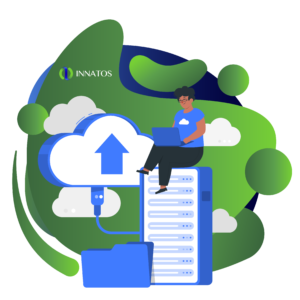 If the question of SaaS ERP and Cloud ERP seems to be settled, it’s worth remembering in a simple way the advantages of having an outsourced ERP . Advantages will be considered:
If the question of SaaS ERP and Cloud ERP seems to be settled, it’s worth remembering in a simple way the advantages of having an outsourced ERP . Advantages will be considered:
Productivity gains : You will benefit from a wide range of solutions that will allow you to gain productivity in your business. With outsourced ERP offering you new functionalities, new updates and unique tools every day, you will be able to increase your overall productivity exponentially.
The security gain: Of course, outsourced ERP will provide you with additional security. As your data is stored in a cloud, its access will be confidential and reserved for members who only have the necessary authorizations.
Flexibility: In this logic of simplicity, outsourcing the right software solution will allow you to consult your information from anywhere. This allows you and your teams to remain flexible and adaptable, regardless of place, time and context.
The economic gain: With its multiple advantages, outsourcing will allow a consequent cost reduction, both in terms of hardware and software solutions. Not to mention free upgrades.
Accessibility: Finally, because of its unique capabilities, outsourcing will allow you greater accessibility. You and your teams will only need an ID and password to log in to your software.
An essential point that will allow, for example, teleworking in times of crisis or parental leave for example. In short, the outsourcing of ERP solutions is essential as a sine qua non condition for a successful company and increases its production capacity and its ability to achieve economies of scale.

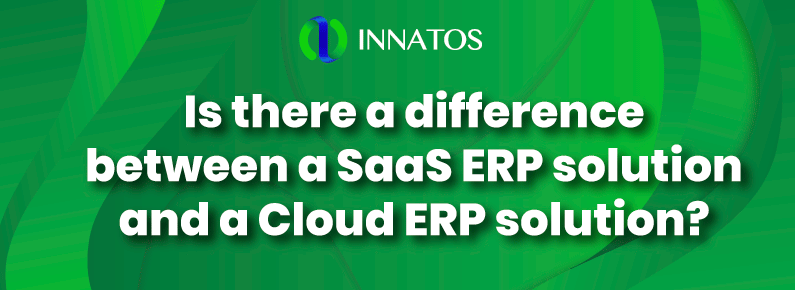
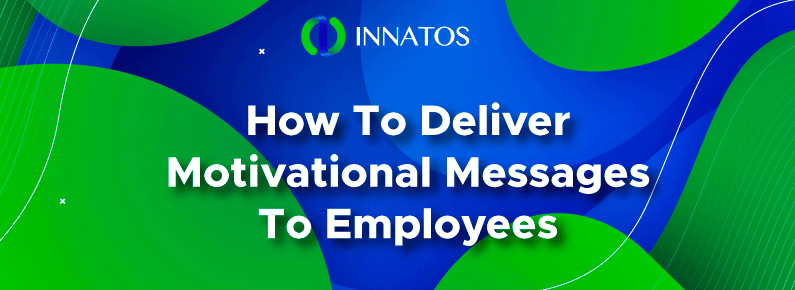
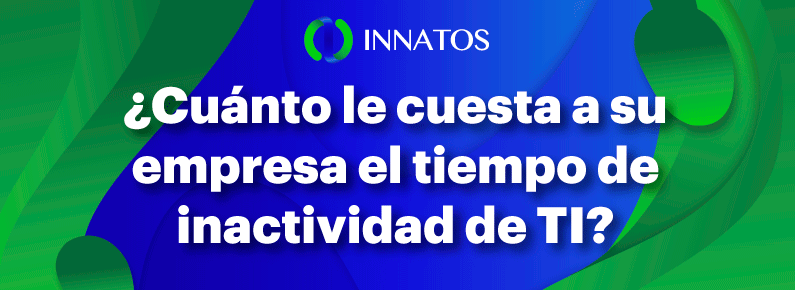
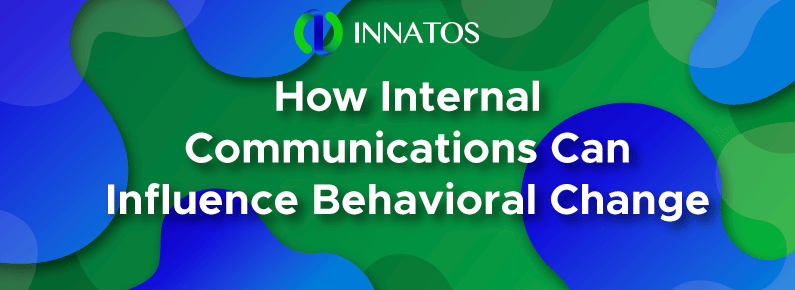
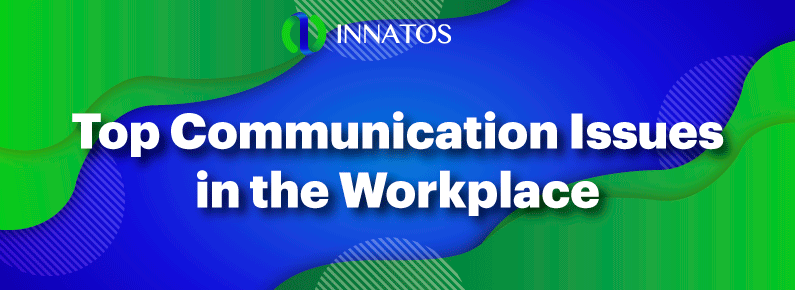
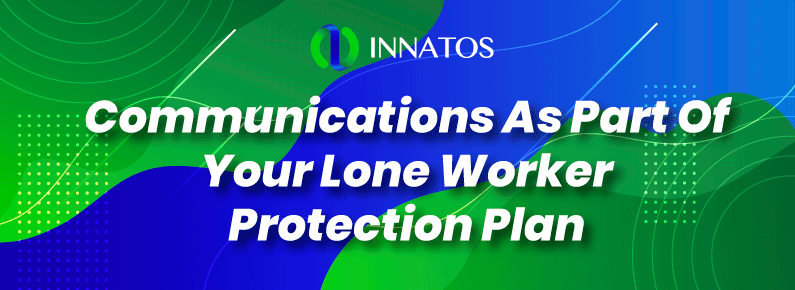
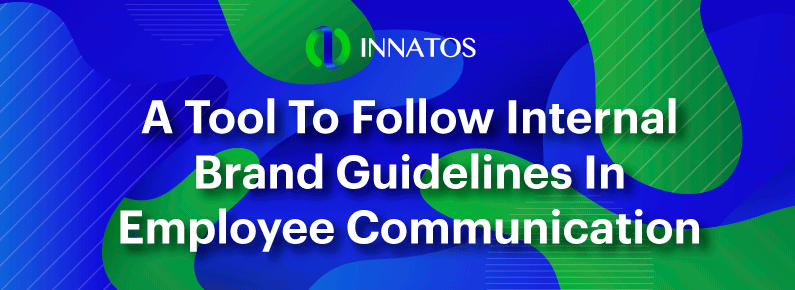

This can potentially cut costs and save time across all hiring operations. Skills gaps and the root reasons for workplace inefficiencies can be found with talent intelligence. Once you’ve discovered the flaws, you can then work to resolve them. Overall, you may utilise AI in talent management software to streamline your hiring procedures and more effectively manage your workflow if you have the necessary knowledge and abilities.